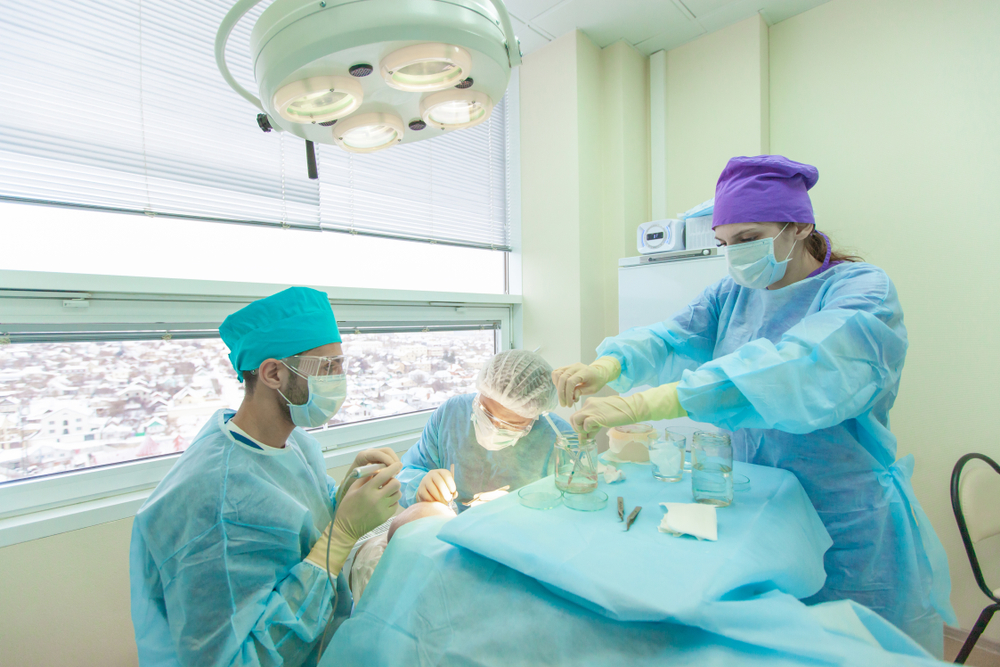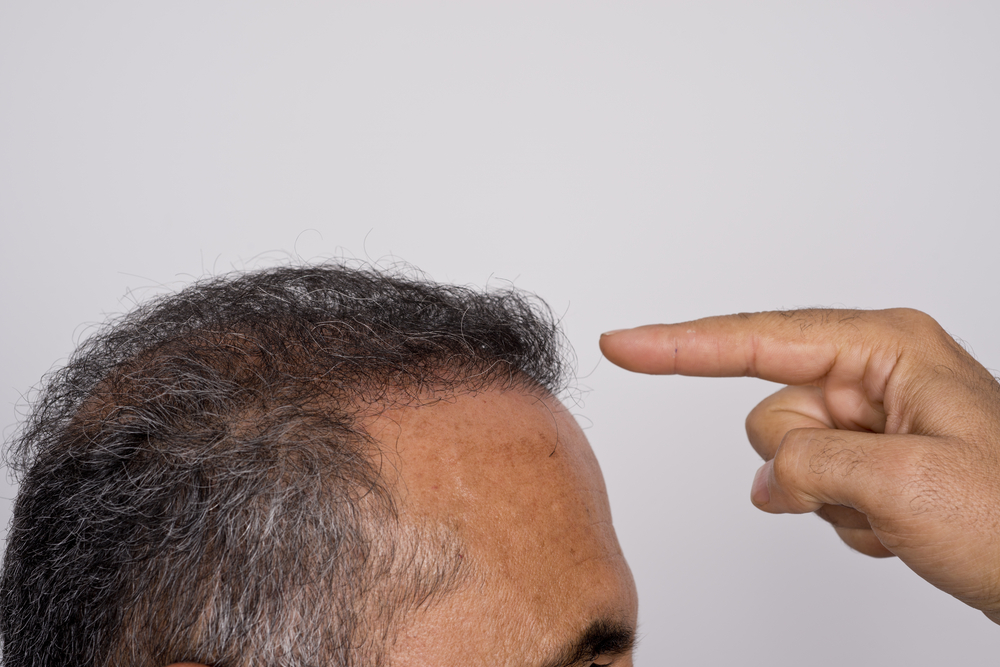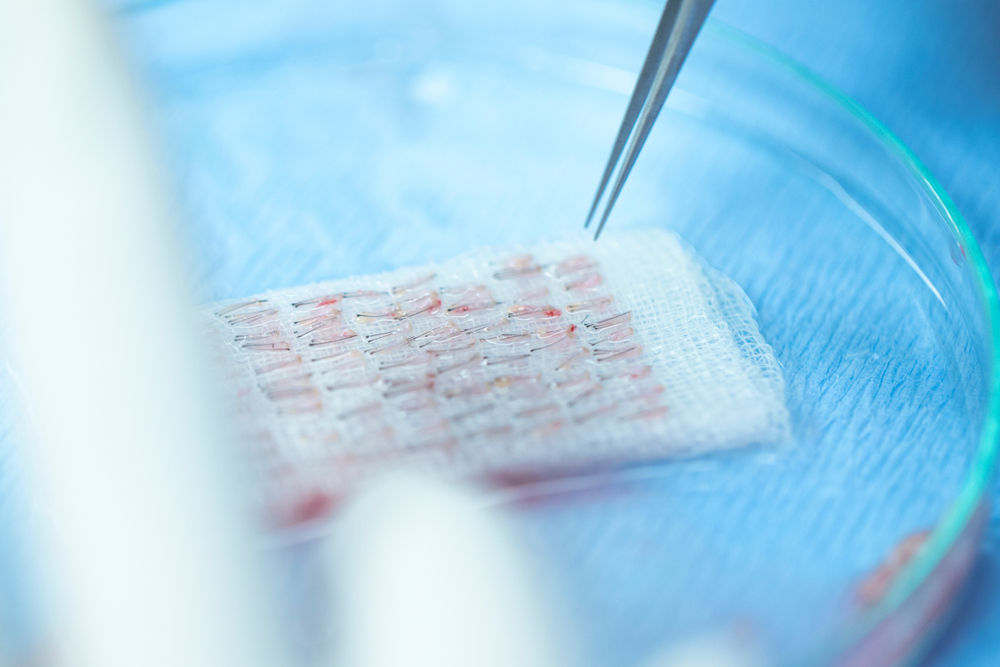A hair transplant is a surgical procedure designed to improve the appearance of thinning or balding areas by transferring hair follicles from one part of the body (usually the back or sides of the scalp) to the recipient area (usually the balding or thinning regions on the scalp).
Several factors can potentially ruin the results of a hair transplant if they are not managed properly…
- Poor Candidate Selection – Not everyone is a suitable candidate for a hair transplant. Factors like the extent of hair loss, donor hair availability, and overall health play a role. If a person with extensive hair loss undergoes a transplant without adequate donor hair, the results may not be satisfactory.
- Inadequate Donor Hair – The quality and quantity of donor hair are crucial for a successful transplant. If the surgeon uses insufficient or poor-quality donor hair, the results may not be natural or long-lasting.
- Improper Surgical Technique – The surgical technique employed by the surgeon is vital. An inexperienced or unskilled surgeon can damage hair follicles during the transplant process, leading to poor growth or an unnatural appearance.
- Infection – Post-operative infection can damage the transplanted hair follicles and surrounding tissue. Proper pre-and post-operative care, including antibiotics, is essential to minimize the risk of infection.
- Poor Healing – Inadequate post-operative care, including not following the surgeon’s instructions, can result in poor healing and graft survival. Patients should avoid activities that might disrupt the healing process, like excessive scratching or rubbing of the transplant area.
- Shock Loss – Some hair loss (shock loss) may occur in the weeks following the transplant due to trauma to existing hair follicles. While this is typically temporary, it can affect the outcome if not managed appropriately.
- Scar Formation – FUT (Follicular Unit Transplantation) leaves a linear scar at the donor site. If the scar is not properly managed or becomes noticeable, it can detract from the overall result.
- Unrealistic Expectations – Unrealistic expectations regarding the outcome of the hair transplant can lead to dissatisfaction. A hair transplant can provide significant improvement, but it may not completely restore a full head of hair.
- Medical Conditions and Medications – Certain medical conditions and medications can affect the success of a hair transplant. Patients should disclose their complete medical history and medication use to their surgeon to assess any potential risks.
- Suboptimal Aftercare – Proper post-operative care, including regular follow-up appointments, is essential for monitoring progress and addressing any issues promptly. Failure to adhere to aftercare instructions can negatively impact the outcome.
To minimize the risk of ruining a hair transplant, choose a skilled and experienced surgeon, follow pre-and post-operative instructions diligently, and maintain realistic expectations regarding the results. Consulting with a board-certified hair transplant specialist can help ensure a successful and satisfactory outcome.





